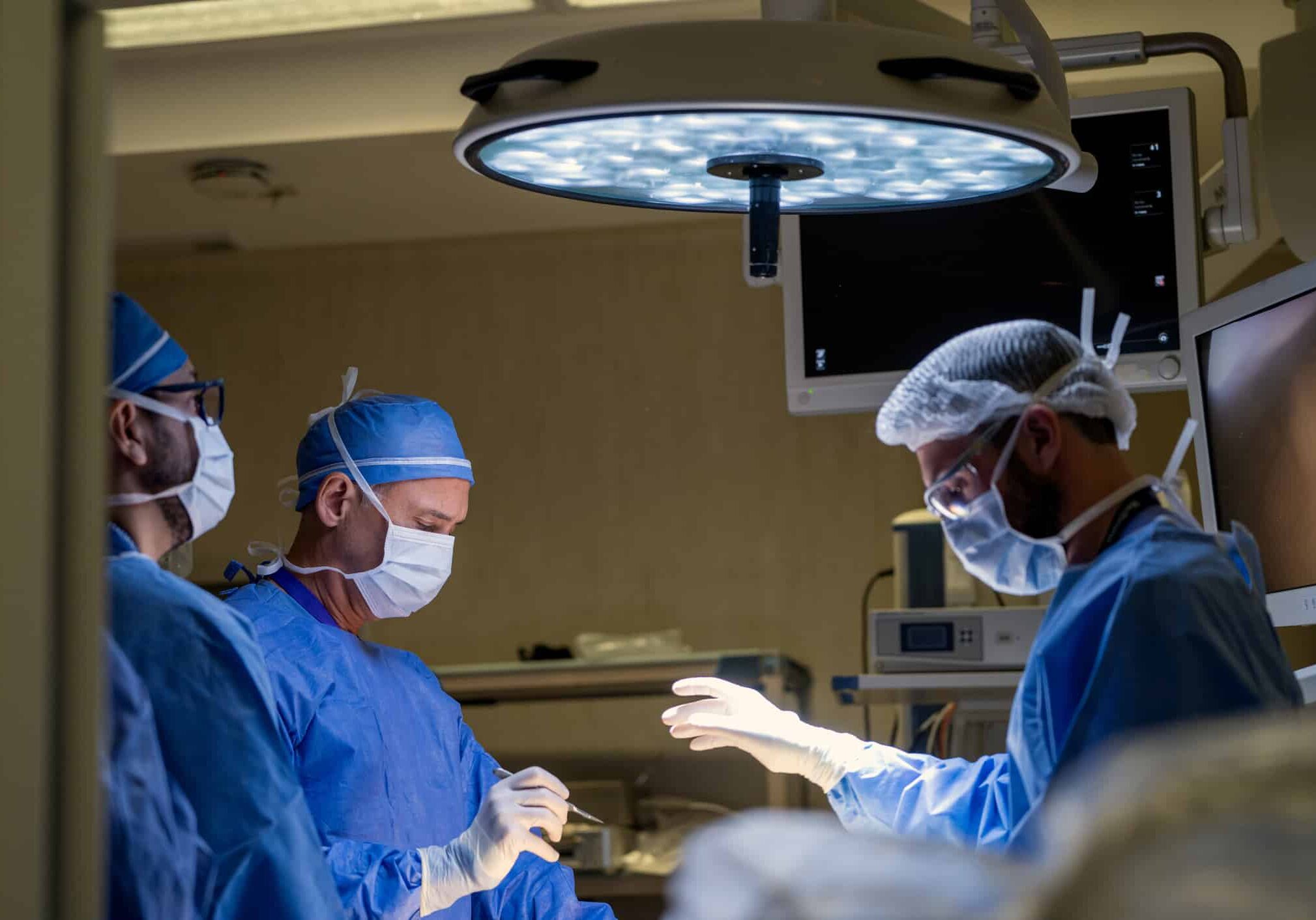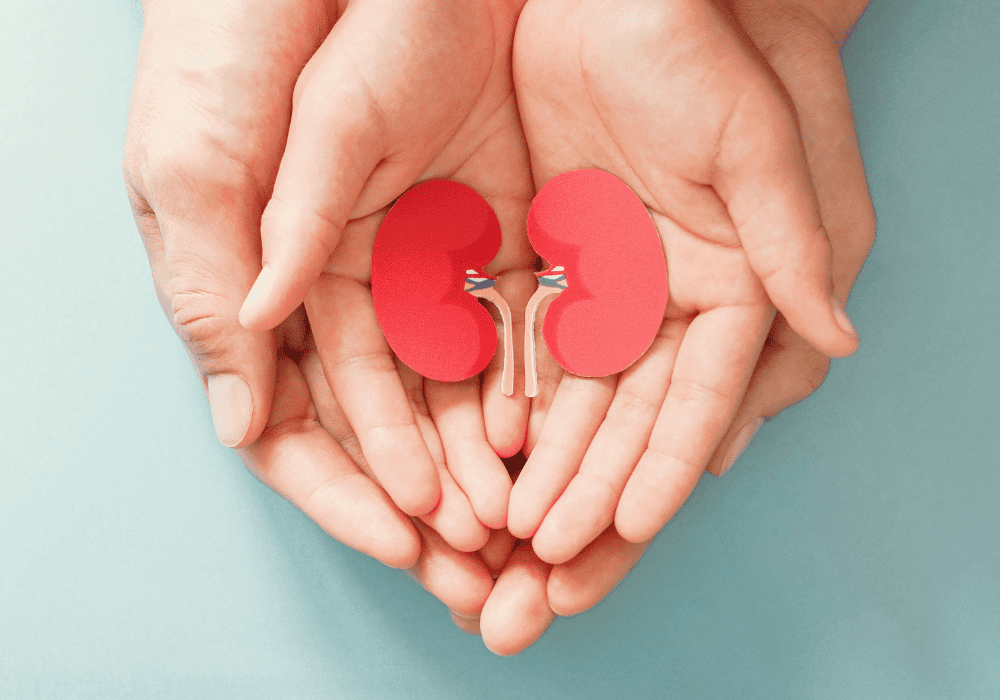Transplantation
Why Do I Need to Know about Kidney Transplant?
Renal transplantation has a high rate of success, making it a suitable and more cost-effective alternative to dialysis for those with chronic renal failure. Success rates have recently approached 97 percent after one year, while average graft lifetimes have been in excess of 10 years. Research has also shown that those who have had kidney transplants typically live longer than patients on dialysis. Keep in mind, though, that renal transplantation might need to be combined with other forms of treatment in some cases. Our specialists will go over recommended treatment plans with you.


What Happens During a Renal Transplant?
When you undergo this procedure, you can expect it to take roughly three to four hours. You’ll need to stay in the hospital for about a week afterward and have regular follow-up visits to check your kidney function. During this procedure, a renal transplant surgeon places a donated kidney in your lower abdomen and connects it to your iliac arteries and veins. This helps your kidneys function as they normally would. Kidney transplants are a success if you don’t develop hypertension and if your kidneys don’t reject the new kidney. Keep in mind that anti-rejection drugs are given to reduce the risk of rejection.
Your health and well-being are our top priority. Let's work together to find the perfect match and get you on the path to a healthier future.
Donor Kidneys
Who should a donor kidney come from? Ideally, it should come from a close relative with the same blood and tissue type, which lowers the risk of rejection. Donor kidneys can also come from other living donors, such as strangers, your spouse or a friend, or from cadavers. You might be placed on a waiting list if you don’t know anyone who can donate a kidney to you.
Finding a Good Match
Our renal transplant team will help you find the right match for a donor's kidney. This involves weighing a few different factors, including the following:
- Blood type: The compatibility of blood types is crucial in medical procedures such as blood transfusions and organ transplants to prevent adverse reactions.
- Human leukocyte antigens: Family members are your best bet for a total match, but this is not required as long as the donor has a compatible blood type and other tests have negative results.
- Cross-matching antigens: This involves mixing a sample of your blood and the donor’s to make sure no reactions occur.
If you or a loved one are in need of a kidney transplant, don't wait any longer. Contact our team today to start the process of finding a suitable donor match.




Transplant Services
RenalCare Associates has transplant surgeons and nephrologists that provide transplant services through the OSF St. Francis Medical Center transplant department. The transplant center is able to perform and manage kidney and pancreas transplantation.
